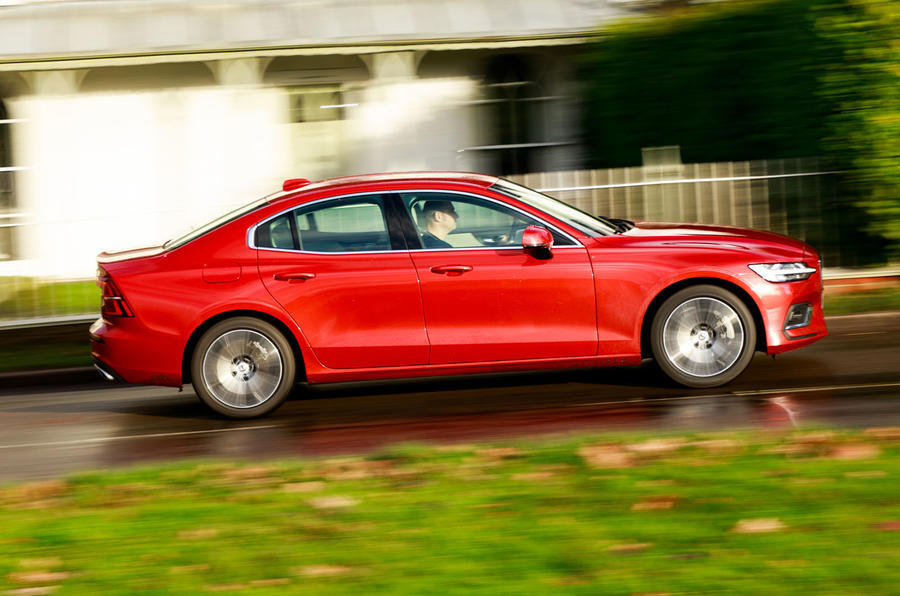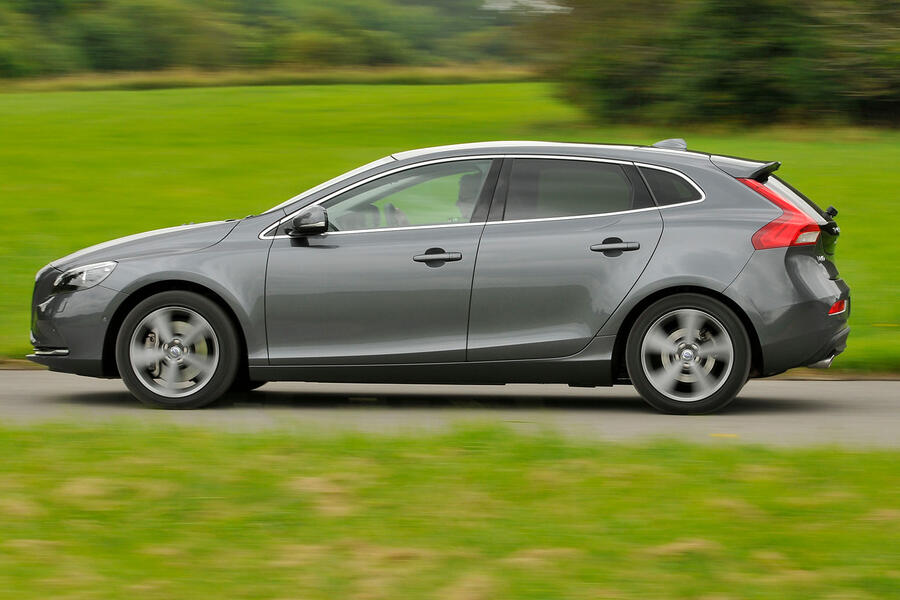Volvo Cars has announced that its global sales for the month of July have increased by 21 per cent compared to the same period last year. This growth marks the 11th consecutive month of year-over-year sales increase.
From January to July 2023, Volvo Cars sold a total of 395,856 vehicles globally, representing an 18 per cent increase compared to the same period in 2022.
The company’s Recharge line-up, which includes fully electric and plug-in hybrid models, nearly doubled in sales compared to July last year. Recharge models accounted for 35 per cent of all Volvo cars sold globally in July, with fully electric cars making up 10 per cent of the total.
In Europe, Volvo Cars reported a 28 per cent sales increase, reaching a total of 20,286 vehicles sold. Recharge models accounted for 56 per cent of sales in the region, while fully electric cars accounted for 13 per cent.
Meanwhile, sales in the United States saw a significant increase of 57 per cent, with 10,785 Volvo cars sold in July. The number of Recharge cars sold in the US grew by 226 per cent compared to last year, and Recharge models made up 29 per cent of all vehicles sold in Volvo Cars’ second-largest market.
In China, Volvo Cars experienced a decrease of 8 per cent in sales, with a total of 14,182 vehicles sold in July. Recharge models accounted for 8 per cent of the total sales in China.
During the month of July, the top-selling model for Volvo Cars was the Volvo XC60, with 18,259 units sold. This was followed by the XC40 with 14,594 units sold, and the XC90 with 8,640 units sold.
|
July |
July |
Jan-July |
Jan-July |
|||
|
2023 |
2022 |
Change |
2023 |
2022 |
Change |
|
|
Europe |
20,286 |
15,893 |
28% |
167,229 |
135,663 |
23% |
|
Recharge |
11,285 |
6,344 |
78% |
101,545 |
64,890 |
56% |
|
– Fully electric |
2,712 |
994 |
173% |
42,329 |
14,048 |
201% |
|
– Plug-in hybrid |
8,573 |
5,350 |
60% |
59,216 |
50,842 |
16% |
|
China |
14,182 |
15,487 |
-8% |
92,708 |
85,720 |
8% |
|
Recharge |
1,170 |
815 |
44% |
8,735 |
5,857 |
49% |
|
– Fully electric |
253 |
342 |
-26% |
2,054 |
1,228 |
67% |
|
– Plug-in hybrid |
917 |
473 |
94% |
6,681 |
4,629 |
44% |
|
US |
10,785 |
6,868 |
57% |
70,535 |
57,453 |
23% |
|
Recharge |
3,132 |
961 |
226% |
20,621 |
16,866 |
22% |
|
– Fully electric |
1,255 |
94 |
1,235% |
8,858 |
3,905 |
127% |
|
– Plug-in hybrid |
1,877 |
867 |
116% |
11,763 |
12,961 |
-9% |
|
Other |
8,912 |
6,416 |
39% |
65,384 |
57,129 |
14% |
|
Recharge |
3,115 |
1,476 |
111% |
24,219 |
15,944 |
52% |
|
– Fully electric |
1,284 |
153 |
739% |
11,523 |
4,622 |
149% |
|
– Plug-in hybrid |
1,831 |
1,323 |
38% |
12,696 |
11,322 |
12% |
|
Total |
54,165 |
44,664 |
21% |
395,856 |
335,965 |
18% |
|
Recharge |
18,702 |
9,596 |
95% |
155,120 |
103,557 |
50% |
|
– Fully electric |
5,504 |
1,583 |
248% |
64,764 |
23,803 |
172% |
|
– Plug-in hybrid |
13,198 |
8,013 |
65% |
90,356 |
79,754 |
13% |











